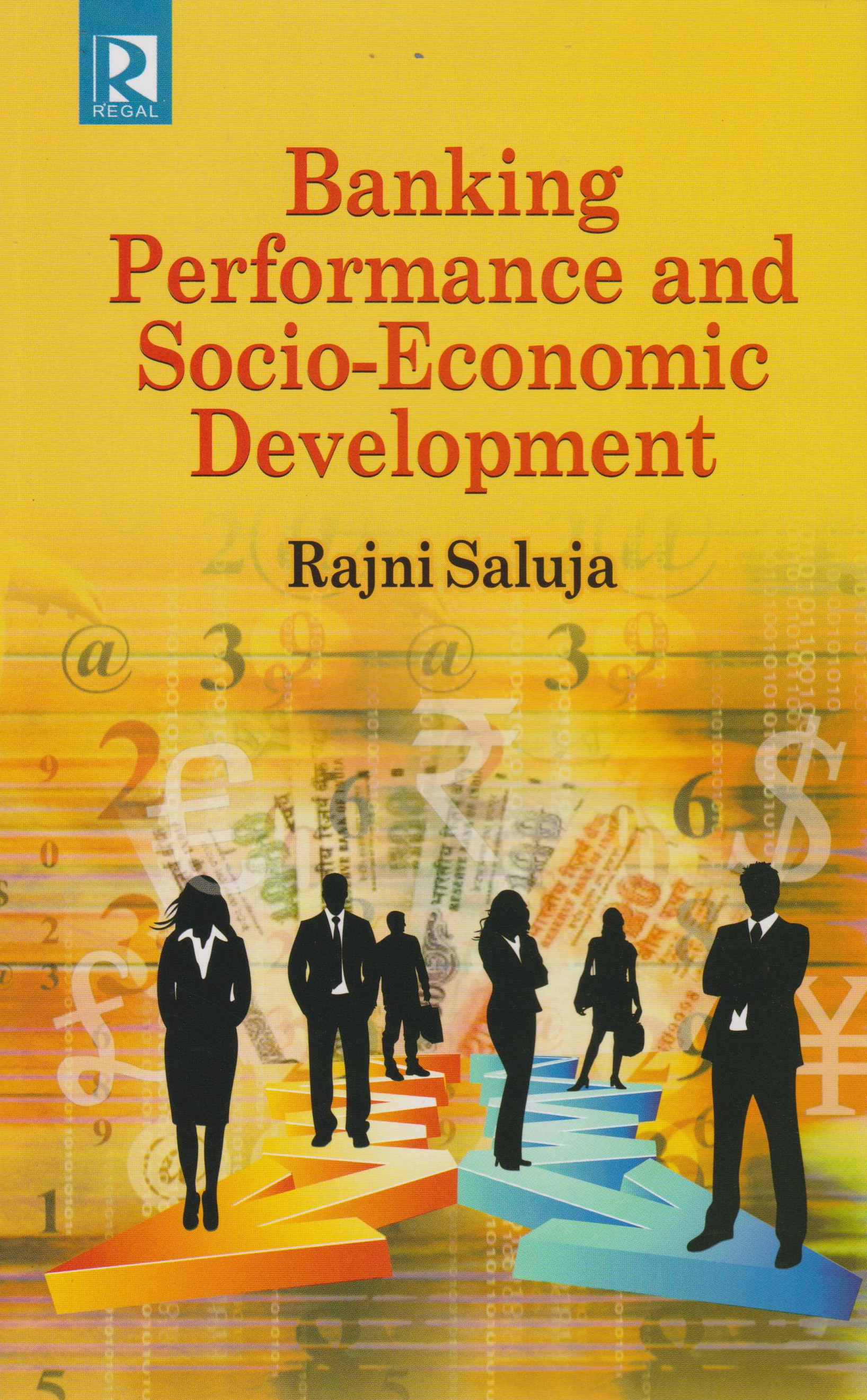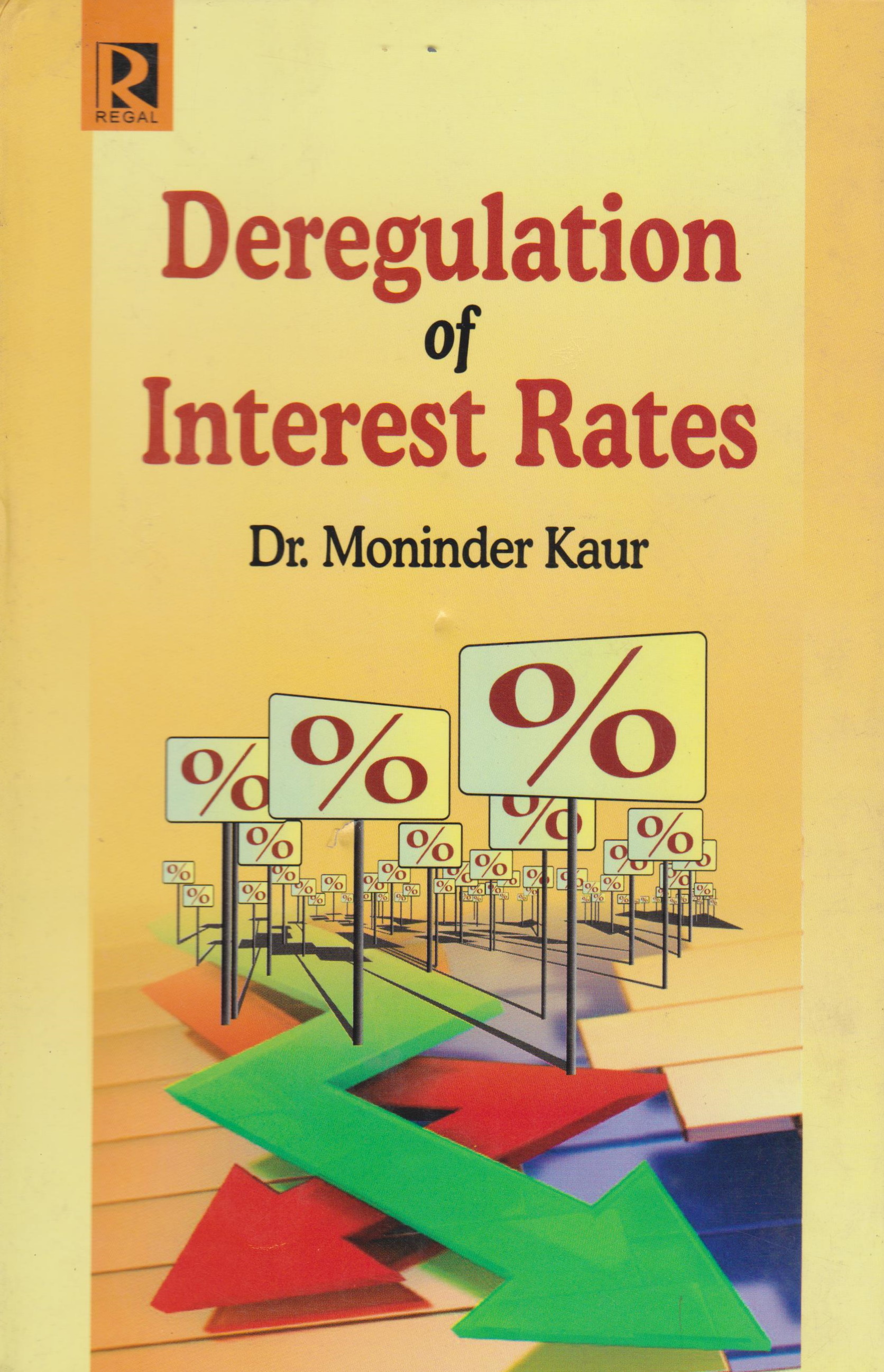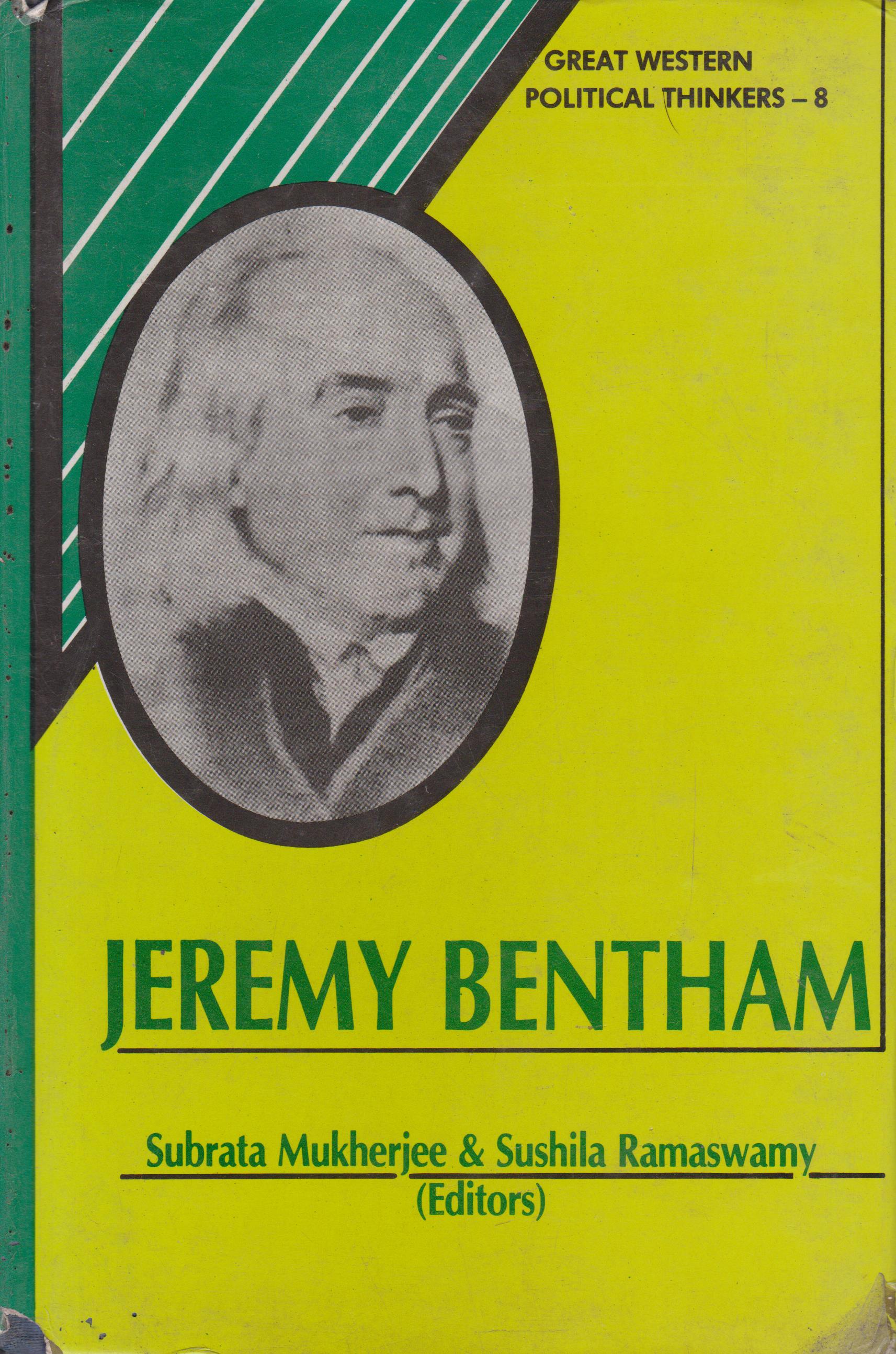-
×
 Banking Performance and Socio-Economic Development
1 × ₹1,400
Banking Performance and Socio-Economic Development
1 × ₹1,400 -
×
 Deregulation of Interest Rates
1 × ₹544
Deregulation of Interest Rates
1 × ₹544
Subtotal: ₹1,944
Original price was: ₹580.₹464Current price is: ₹464.
“Jeremy Bentham: Great Western Political Thinkers” by Subrata Mukherjee and Sushila Ramaswamy is an excellent resource for those interested in delving into the life and ideas of Jeremy Bentham. It provides a comprehensive and accessible account of Bentham’s philosophy, highlighting his contributions to utilitarianism, legal theory, and political reform. While the book’s writing style may be dense for some readers, its strengths in research, analysis, and contextualization make it a valuable addition to the study of political philosophy.
5 in stock
“Jeremy Bentham: Great Western Political Thinkers” by Subrata Mukherjee and Sushila Ramaswamy is an insightful exploration of the life and ideas of one of the most influential political philosophers in history, Jeremy Bentham. The book delves into the multifaceted dimensions of Bentham’s philosophy, examining his contributions to utilitarianism, legal theory, and political reform. Through a comprehensive analysis of Bentham’s works, the authors shed light on his revolutionary ideas that continue to shape contemporary political thought. This review will provide an overview of the book, followed by a summary, analysis, and evaluation of its contents, a comparison with other works on Bentham, an exploration of its interpretation and themes, a discussion on characters and characterization, insights into the authors, an assessment of the writing style, opinions from readers, and a final verdict.
“Jeremy Bentham: Great Western Political Thinkers” offers a comprehensive account of Bentham’s life, thoughts, and works. The book traces Bentham’s intellectual journey from early philosophical inquiries to later socio-political engagements. It explores Bentham’s utilitarian theory, which argues that the moral worth of an action is determined by its ability to maximize happiness and minimize suffering. The authors examine how Bentham applied this principle to various aspects of society, including law, government, and public policy.
The book further delves into Bentham’s legal philosophy, highlighting his influential concept of “the greatest happiness of the greatest number.” Bentham’s belief in the importance of codifying laws, enhancing legal certainty, and promoting judicial reform is thoroughly explored, providing readers with a nuanced understanding of his contributions to legal theory. The authors also shed light on Bentham’s advocacy for political reforms, such as universal suffrage, the abolition of slavery, and the separation of church and state.
The analysis and evaluation of “Jeremy Bentham: Great Western Political Thinkers” reveal the strengths and weaknesses of the book. One of its notable strengths is its meticulous research, drawing upon primary sources and scholarly works to provide a comprehensive overview of Bentham’s ideas. The authors’ in-depth exploration of Bentham’s utilitarianism and its applications showcases their command over the subject matter.
Additionally, the book successfully contextualizes Bentham’s philosophy within the historical and intellectual milieu of his time. The authors discuss the socio-political climate of the late 18th and early 19th centuries, demonstrating how the Enlightenment and the Industrial Revolution shaped Bentham’s ideas. This contextualization enhances the readers’ understanding of Bentham’s thought and its enduring relevance.
However, the book could benefit from a more critical engagement with Bentham’s ideas. While the authors admirably explore his contributions, a deeper analysis of potential criticisms or alternative perspectives would have enriched the book’s content. Furthermore, the writing style occasionally feels dry and overly academic, which may deter some readers from seeking a more accessible exploration of Bentham’s philosophy.
In comparison to other works on Jeremy Bentham, “Great Western Political Thinkers” distinguishes itself by providing a comprehensive examination of Bentham’s thought, focusing not only on his utilitarianism but also on his legal and political theories. Many other works tend to focus primarily on Bentham’s utilitarian principles, while this book offers a more holistic understanding of his intellectual contributions.
Moreover, the authors of “Jeremy Bentham: Great Western Political Thinkers” balance scholarly rigour and readability. While some books on Bentham might be too specialized or inaccessible to non-experts, this book caters to a broader audience, making it an excellent choice for both students and general readers interested in political philosophy.
The interpretation and themes explored in “Jeremy Bentham: Great Western Political Thinkers” revolve around Bentham’s enduring influence on political thought and the ongoing relevance of his ideas. The authors highlight Bentham’s emphasis on rationality, social progress, and pursuing the greatest happiness for the greatest number. They delve into the themes of utilitarian ethics, legal reform, and democratic ideals that underpin Bentham’s philosophy.
Furthermore, the book explores the tensions between individual liberty and the collective good, shedding light on Bentham’s attempts to reconcile these seemingly contradictory aspects. The authors also examine the limitations of Bentham’s philosophy, addressing criticisms that his utilitarianism might overlook the rights and dignity of minority groups. These interpretations and themes contribute to a nuanced understanding of Bentham’s legacy.
As a book focused on a historical figure and his ideas, “Jeremy Bentham: Great Western Political Thinkers” does not centre around characters or engage in extensive characterization. Nevertheless, the authors present Jeremy Bentham himself as the central figure, providing readers with a vivid portrait of his life, intellectual development, and the historical context in which he lived. This depiction of Bentham serves as a conduit for understanding his philosophy and its impact.
Subrata Mukherjee and Sushila Ramaswamy are renowned scholars in the field of political philosophy. Mukherjee has authored several books on political thought, while Ramaswamy specializes in the study of comparative politics. Their expertise is evident in their thorough research and nuanced analysis of Jeremy Bentham’s philosophy. Their collaboration on “Jeremy Bentham: Great Western Political Thinkers” showcases their shared passion for the subject matter and their commitment to providing a comprehensive account of Bentham’s life and ideas.
The writing style of “Jeremy Bentham: Great Western Political Thinkers” is characterized by its scholarly tone and meticulous attention to detail. The authors employ a rigorous academic approach, relying on primary sources and engaging with a wide range of scholarly literature. While this approach ensures accuracy and depth, it may occasionally come across as dense or challenging for readers who are less familiar with the subject matter.
However, the authors also make efforts to clarify complex concepts and provide explanatory examples, aiding comprehension. The writing style strikes a balance between rigour and accessibility, making the book suitable for both students and general readers. Overall, the writing style effectively conveys the depth and complexity of Bentham’s philosophy while making it accessible to a wide audience.
Opinions from readers of “Jeremy Bentham: Great Western Political Thinkers” have mainly been positive, praising the book’s comprehensive coverage of Bentham’s philosophy and its accessible presentation. Readers appreciate the authors’ in-depth analysis, rigorous research, and ability to contextualize Bentham’s ideas within their historical and philosophical contexts.
The strengths of “Jeremy Bentham: Great Western Political Thinkers” lie in its comprehensive coverage of Bentham’s philosophy, its meticulous research, and its ability to contextualize his ideas within their historical and intellectual milieu. The book successfully presents Bentham’s utilitarianism, legal theory, and political reform in a readable and accessible manner, catering to both scholars and general readers.

Reviews
There are no reviews yet.